
The event was co-hosted by the Supreme People's Procuracy of Vietnam, the Royal Government of Cambodia, the United Nations Office on Drugs and Crime (UNODC), the Council of Europe (CoE), and the Japan International Cooperation Agency (JICA). Attending were representatives from the judiciary, police, procuracy, and prosecution agencies of many countries, along with international organizations, the private sector, and cybersecurity experts from many continents.
In his opening speech, Comrade Nguyen Quang Dung, Deputy Chief Justice of the Supreme People's Procuracy, representing the host country Vietnam, emphasized the historical significance of the United Nations Convention on Cybercrime as the first comprehensive international document regulating the prevention, investigation, prosecution and trial of this type of transnational crime.
He affirmed that Vietnam always attaches importance to strengthening international cooperation and improving institutional, technical and human resource capacity to effectively respond to cybercrime - a type of crime that is anonymous, global in scope and has the fastest growing speed today.
He emphasized that Vietnam is gradually perfecting its legal system, strengthening technical capacity and raising public awareness of cyber security, and is ready to cooperate with countries and international organizations in implementing the Convention, sharing experiences and supporting each other in the fight against high-tech crimes, contributing to building a safe, trustworthy and humane cyberspace.
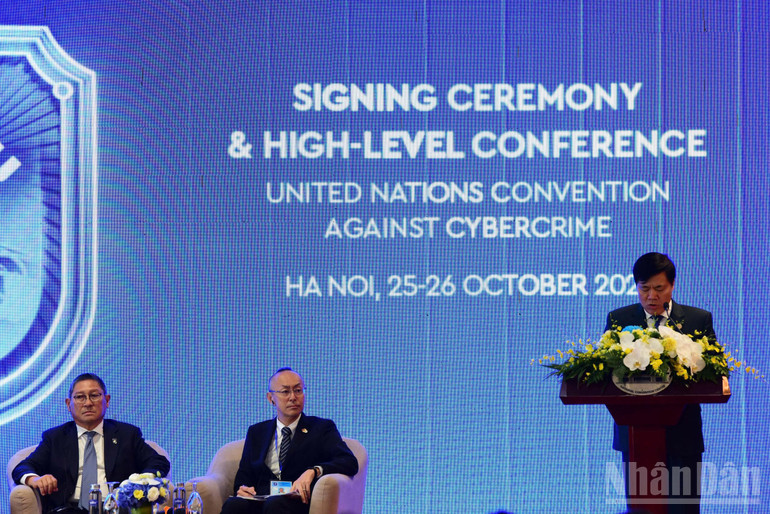
In his role as event coordinator, Mr. Gianluca Esposito, Executive Director of the Council of Europe, highly appreciated Vietnam's strong commitment to implementing the Convention and actively contributing to the process of building an international cooperation framework.
Mr. Esposito said that cyber security is a global challenge, and no country can respond alone without connection and information sharing. “Cybercrime has no borders, it can attack from anywhere and affect every citizen,” he said, calling on countries to build a unified investigation plan, improve legal policies and enhance training for law enforcement and citizens.
Cambodia’s representative, Deputy Prime Minister Sok Chenda Sophea, said that one of the most important values of the Convention is capacity building for member states. He stressed that in the context of technology changing every day, countries need common tools, common technical language and constantly updated knowledge. “Cybercriminals are always one step ahead, so to protect society, we must constantly learn and develop capacity to stay ahead of criminals,” he said.
Deputy Prime Minister Sok Chenda Sophea said that Cambodia is in the process of developing the Law on Cyber Security, the Law on Cybercrime Prevention and Control, and the Law on Personal Data Protection. He also affirmed that the Cambodian Government highly appreciates the Convention and is committed to transforming the contents of the Convention into concrete actions, enhancing regional and international cooperation to realize common goals on cyber security.
Speaking at the discussion session, Major General Christophe Husson, Commander of the Cyberspace Department of the French Ministry of the Interior, emphasized the importance of developing a strategy to realize international commitments, considering this a necessary step to effectively deal with new risks. He said that every year, France conducts a nationwide assessment and inspection of cyber security risks, thereby promptly updating regulations, investigation methods and response coordination.
According to Major General Husson, cybercrime is becoming a serious threat to all areas of life, from the administrative system, health care, banking to people's personal data. Many attacks cause serious damage, posing an urgent need to improve capacity and coordination between relevant parties.
He stressed that France regularly organizes joint training courses and exercises between public authorities, prosecutors and law enforcement forces, and called on countries to share information, initiatives and legal frameworks, because “without a common foundation, cooperation results will be limited”.

Mr. Gianluca Esposito - Head of the Regional Center for Cybercrime Prevention and Control in Doha (under the United Nations Office on Drugs and Crime - UNODC) said that UNODC is implementing a plan to support countries in responding to cyber security threats and emerging forms of crime. He emphasized that, like the European Union, UNODC faces many challenges when taking on the great responsibility of supporting member states in capacity building.
According to Mr. Esposito, to effectively combat cybercrime, countries need a common legal, technical and human resource foundation, but the synchronous response among UN member countries is still difficult. More than a decade ago, the United Nations assigned UNODC the task of supporting and enhancing capacity for countries, but until now, the Hanoi Convention has more clearly specified these regulations, promoting the sharing of experience, knowledge and strengthening enforcement responsibilities. He also said that to realize those commitments, there needs to be adequate resources in terms of finance, human resources and long-term support mechanisms.
Japanese representative, Mr. Kobayashi Yosuke, Japan International Cooperation Agency (JICA Vietnam), affirmed that JICA will continue to accompany Vietnam and other countries in the region through capacity building programs for Prosecutors, Judges and Lawyers, aiming at the goal of "No country is left behind" in the fight against global cybercrime.
Delegates agreed that, to realize the United Nations Convention on Cybercrime, countries need to strengthen political commitment, improve the legal framework, build a rapid coordination mechanism between law enforcement agencies, and especially identify capacity building as an essential pillar, with the message: Capacity building for one country is to contribute to protecting all other countries.
Source: https://nhandan.vn/nang-cao-nang-luc-tru-cot-cua-hop-tac-toan-cau-trong-phong-chong-toi-pham-mang-post918039.html


![[Photo] General Secretary To Lam received the delegation attending the international conference on Vietnam studies](https://vphoto.vietnam.vn/thumb/1200x675/vietnam/resource/IMAGE/2025/10/26/1761456527874_a1-bnd-5260-7947-jpg.webp)


![[Photo] Nhan Dan Newspaper displays and solicits comments on the Draft Documents of the 14th National Party Congress](https://vphoto.vietnam.vn/thumb/1200x675/vietnam/resource/IMAGE/2025/10/26/1761470328996_ndo_br_bao-long-171-8916-jpg.webp)

![[Photo] Enjoy the Liuyang Fireworks Festival in Hunan, China](https://vphoto.vietnam.vn/thumb/1200x675/vietnam/resource/IMAGE/2025/10/26/1761463428882_ndo_br_02-1-my-1-jpg.webp)
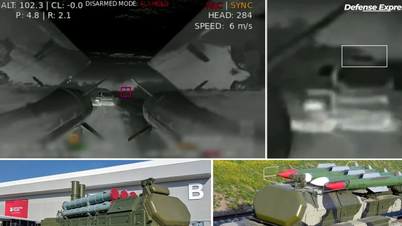

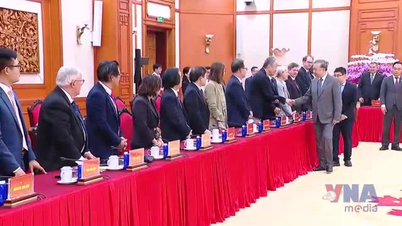


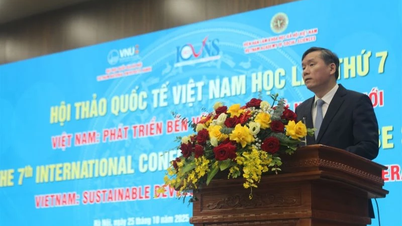


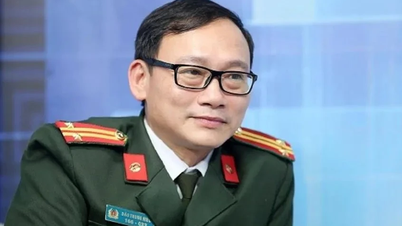




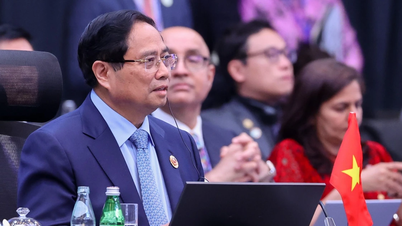
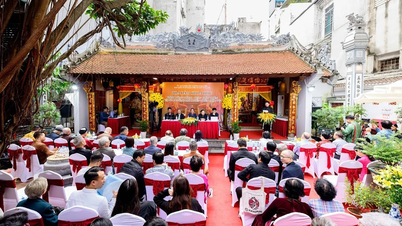
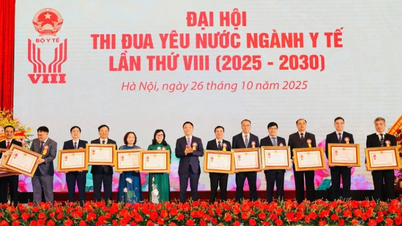

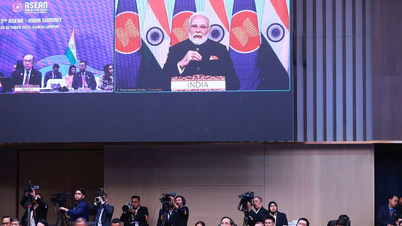
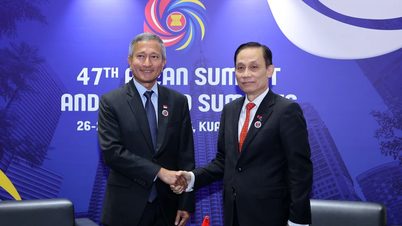
![[Photo] Prime Minister Pham Minh Chinh attends the opening of the 47th ASEAN Summit](https://vphoto.vietnam.vn/thumb/1200x675/vietnam/resource/IMAGE/2025/10/26/1761452925332_c2a-jpg.webp)







































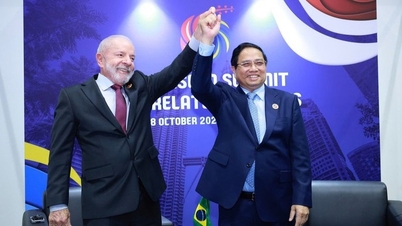
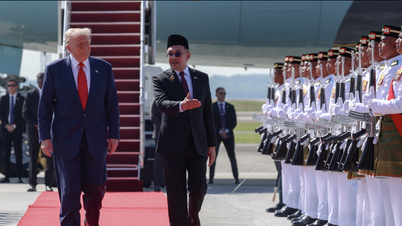

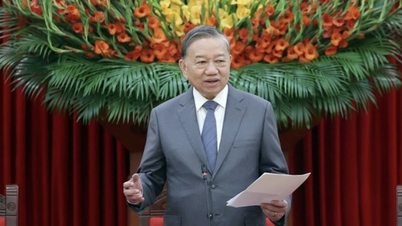

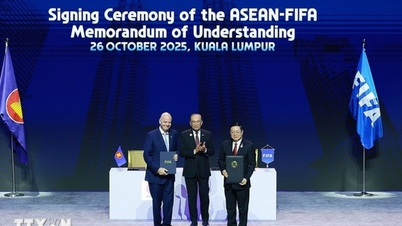

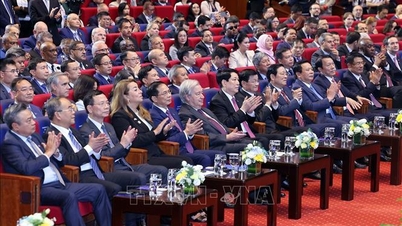

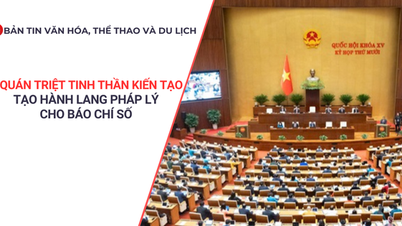



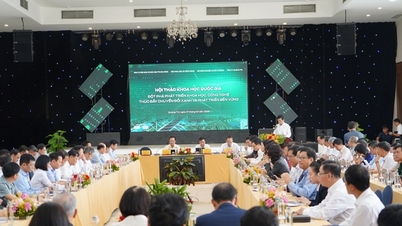



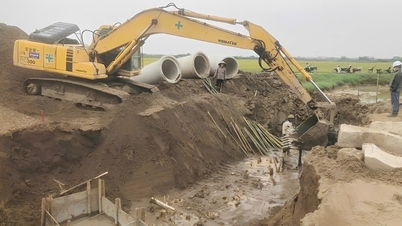

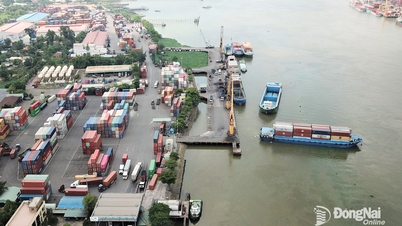

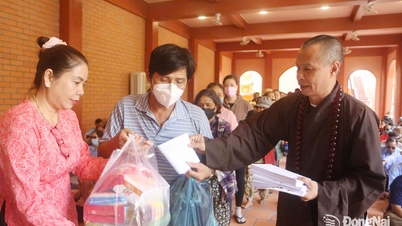
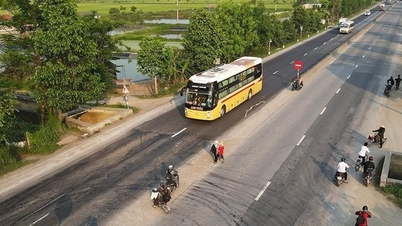

















Comment (0)